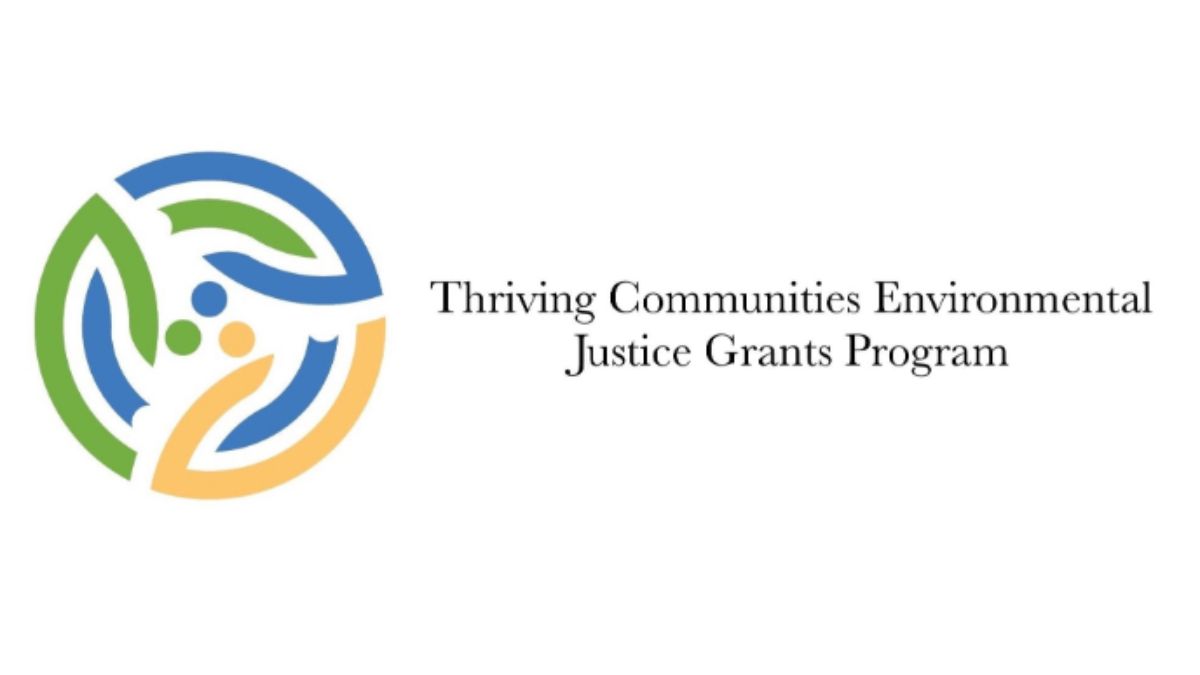Introduction
The Land Peace Foundation (LPF) is a nonprofit organization dedicated to preserving Indigenous ways of life, protecting sacred lands, and fostering community resilience. Founded by Sherri Mitchell, a Penobscot Nation attorney and activist, LPF focuses on strengthening kinship networks, promoting environmental justice, and providing educational programs rooted in Indigenous knowledge. This guide explores LPF’s mission, programs, and impact, offering insights for policymakers, NGOs, and academic researchers interested in Indigenous rights and land preservation.GuideStar+2Land Peace Foundation+2Catchafire+2
Mission and Core Values
LPF’s mission is to preserve and promote Indigenous ways of life, including the protection of land, water, and spiritual rights, the proliferation of cultural practices, and the strengthening of kinship roles. The organization operates on the principle that success means being a good relative, emphasizing kinship and relationship as foundational values. Through its programs, LPF aims to address the impacts of colonization, environmental degradation, and social injustices faced by Indigenous communities.Land Peace Foundation+3GuideStar+3Catchafire+3Land Peace Foundation
Key Programs and Initiatives
1. Wabanaki Leadership Institute
The Wabanaki Leadership Institute offers leadership development programs for Indigenous youth and adults. These programs focus on cultural revitalization, community organizing, and environmental stewardship, empowering participants to become leaders in their communities.GuideStar+6Land Peace Foundation+6Land Peace Foundation+6
2. Public Education and Partnerships
LPF provides consultation and educational programs related to Indigenous land guardianship, climate change adaptation, and Traditional Ecological Knowledge (TEK). Through partnerships with organizations like the Elmina B. Sewall Foundation’s Ecology Shifts Program and the Global Council for Science and the Environment, LPF fosters collaboration between Indigenous and non-Indigenous communities to address environmental challenges.Land Peace Foundation+1Land Peace Foundation+1
3. Wicuhkemtultine Land-Based Programs
These programs focus on reconnecting Indigenous peoples with their ancestral lands through activities like farming, ceremonial practices, and ecological restoration. By revitalizing traditional land-based practices, LPF aims to strengthen cultural identity and promote environmental sustainability.Land Peace Foundation+6GuideStar+6Land Peace Foundation+6
4. TCEJ Grants Program
The Tribal Climate and Environmental Justice (TCEJ) Grants Program supports Indigenous communities in addressing environmental justice issues. LPF assists in securing funding for projects that aim to mitigate the impacts of climate change and environmental degradation on Indigenous lands.Land Peace Foundation+1Land Peace Foundation+1
5. KISOHS Renewable Energy Pre-Apprentice Program
This program provides training in renewable energy technologies to Indigenous youth, preparing them for careers in the growing green energy sector. By equipping participants with technical skills, LPF promotes economic development and environmental sustainability within Indigenous communities.
Impact and Achievements
Since its inception, LPF has made significant strides in promoting Indigenous rights and land preservation. The organization has facilitated numerous leadership development programs, educational workshops, and community gatherings. Through its land-based initiatives, LPF has helped revitalize traditional ecological practices and strengthen cultural ties to the land. The TCEJ Grants Program has supported various projects aimed at addressing environmental justice issues, while the KISOHS program has trained Indigenous youth in renewable energy technologies, contributing to sustainable economic development.Land Peace Foundation+4Land Peace Foundation+4Land Peace Foundation+4
Challenges and Opportunities
Despite its successes, LPF faces challenges common to Indigenous-led organizations, including limited funding, legal barriers, and the ongoing impacts of colonization. However, these challenges also present opportunities for growth and collaboration. By partnering with policymakers, NGOs, and academic institutions, LPF can expand its reach and impact, advocating for policies that support Indigenous rights and environmental justice.
Conclusion
The Land Peace Foundation plays a crucial role in preserving Indigenous cultures, protecting sacred lands, and fostering community resilience. Through its diverse programs and initiatives, LPF demonstrates the importance of Indigenous leadership in addressing contemporary environmental and social challenges. For policymakers, NGOs, and academic researchers, supporting organizations like LPF is essential in promoting justice, equity, and sustainability for Indigenous communities.Catchafire+5Land Peace Foundation+5Land Peace Foundation+5
Frequently Asked Questions (FAQs)
1. What is the Land Peace Foundation?
The Land Peace Foundation is a nonprofit organization dedicated to preserving Indigenous ways of life, protecting sacred lands, and fostering community resilience through education and advocacy.Land Peace Foundation+5Land Peace Foundation+5Catchafire+5
2. Who founded the Land Peace Foundation?
The foundation was founded by Sherri Mitchell, a Penobscot Nation attorney and activist committed to Indigenous rights and environmental justice.Land Peace Foundation+1GuideStar+1
3. What programs does the Land Peace Foundation offer?
LPF offers several programs, including the Wabanaki Leadership Institute, Public Education and Partnerships, Wicuhkemtultine Land-Based Programs, TCEJ Grants Program, and KISOHS Renewable Energy Pre-Apprentice Program.Land Peace Foundation+6Land Peace Foundation+6Land Peace Foundation+6
4. How can I support the Land Peace Foundation?
Support can be provided through donations, partnerships, and participation in LPF’s programs and initiatives. Visit their website for more information on how to get involved.Land Peace Foundation
5. Where is the Land Peace Foundation located?
LPF is based in Monroe, Maine, United States.Land Peace Foundation+1GuideStar+1
6. How does LPF address environmental justice issues?
LPF addresses environmental justice by providing educational programs on land guardianship, climate change adaptation, and TEK, and by supporting Indigenous communities in securing grants for environmental projects.Land Peace Foundation
7. What is the Wabanaki Leadership Institute?
The Wabanaki Leadership Institute is a program that offers leadership development opportunities for Indigenous youth and adults, focusing on cultural revitalization and community organizing.
8. How can policymakers collaborate with LPF?
Policymakers can collaborate with LPF by engaging in dialogue, supporting Indigenous rights legislation, and partnering on initiatives that promote environmental justice and cultural preservation.
